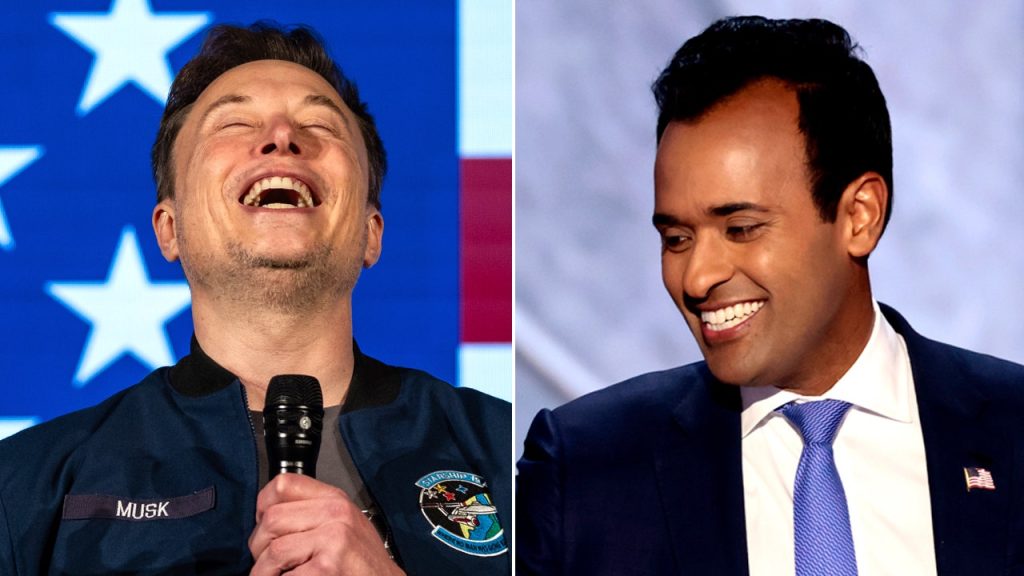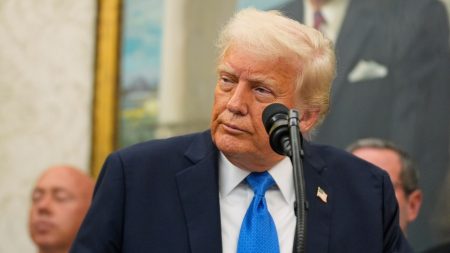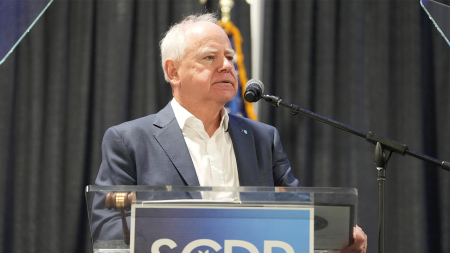New Jersey State Senator Joe Pennacchio is spearheading an initiative to establish a Department of Government Efficiency (DOGE) at the state level, mirroring a similar effort being undertaken at the federal level by Tesla CEO Elon Musk and entrepreneur Vivek Ramaswamy. Pennacchio argues that New Jersey’s need for such a department is even greater than that of the federal government, citing a 60% increase in the state budget over the past seven fiscal years, much of which was attributed to one-time COVID-related expenditures. He anticipates a significant budget deficit in the coming year and believes that a DOGE could provide a blueprint for fiscal responsibility and efficiency for the incoming governor, regardless of their political affiliation. Pennacchio criticizes existing efforts to reduce red tape and regulations, asserting they have yielded minimal results. He emphasizes that every dollar saved translates to a dollar less needed in tax revenue.
The proposed NJDOGE would be comprised of representatives from various sectors: the state Treasury, the Chamber of Commerce, leading Republicans and Democrats from both the Senate and General Assembly, and a public member appointed by the governor. This diverse composition is intended to ensure a balanced and comprehensive approach to identifying and eliminating inefficiencies within the state government. Pennacchio believes the committee can address the state’s affordability crisis by curbing wasteful spending, enhancing efficiency, and ultimately reducing the tax burden on residents. He has secured support from at least one other state senator and is actively seeking endorsements from members of the General Assembly.
New Jersey’s political landscape, traditionally leaning Democrat, showed signs of shifting during the 2020 presidential election, with a narrower than usual margin between the Democratic and Republican candidates. This shift, along with growing public concern about government spending, fuels Pennacchio’s belief that his NJDOGE proposal resonates with constituents, particularly in his district, which encompasses areas that swung towards Trump in recent elections. He highlights disparities in school funding across districts, with his district experiencing cuts while others do not. He believes a DOGE could address such imbalances and ensure a more equitable distribution of resources.
Pennacchio’s vision for the NJDOGE is to provide the next governor with a comprehensive roadmap for cost savings and potential areas for elimination within the state government. He believes this will stimulate the economy and potentially lead to tax reductions for residents. The 2025 gubernatorial race is already crowded with prominent figures from both parties, including Newark Mayor Ras Baraka, Jersey City Mayor Steven Fulop, and former Senate Leader Steve Sweeney on the Democratic side, and figures like truck driver and former state Sen. Ed Durr, Sen. Jon Bramnick, and 2021 gubernatorial nominee Jack Ciattarelli on the Republican side. The creation of the NJDOGE could become a significant issue in the upcoming campaign.
State Senator Robert Singer has publicly joined Pennacchio in advocating for the NJDOGE, emphasizing New Jersey’s potential to lead a national resurgence in manufacturing and job creation. Singer connects this initiative to former President Trump’s economic policies, aiming to position New Jersey as a model for the “Make America Work Again” movement. This alignment with Trump’s economic agenda could further resonate with voters in districts that have shown increasing support for Republican candidates. The NJDOGE proposal, therefore, not only addresses fiscal responsibility and government efficiency but also taps into broader national economic and political themes.
Beyond the NJDOGE proposal, Senator Pennacchio has also raised concerns about recent drone activity observed in his district. He criticized the federal government’s response to the sightings, drawing parallels to the immediate identification of those responsible for the 9/11 attacks and contrasting it with what he perceives as a lack of transparency and urgency in addressing the drone issue. He expressed disappointment with the Department of Homeland Security and the FBI, questioning their effectiveness and accountability. This adds another dimension to Pennacchio’s focus on government accountability and efficiency, extending beyond fiscal matters to include national security and public safety concerns. The drone incident serves to underscore his broader message about the need for greater transparency and effectiveness within government agencies at all levels.










